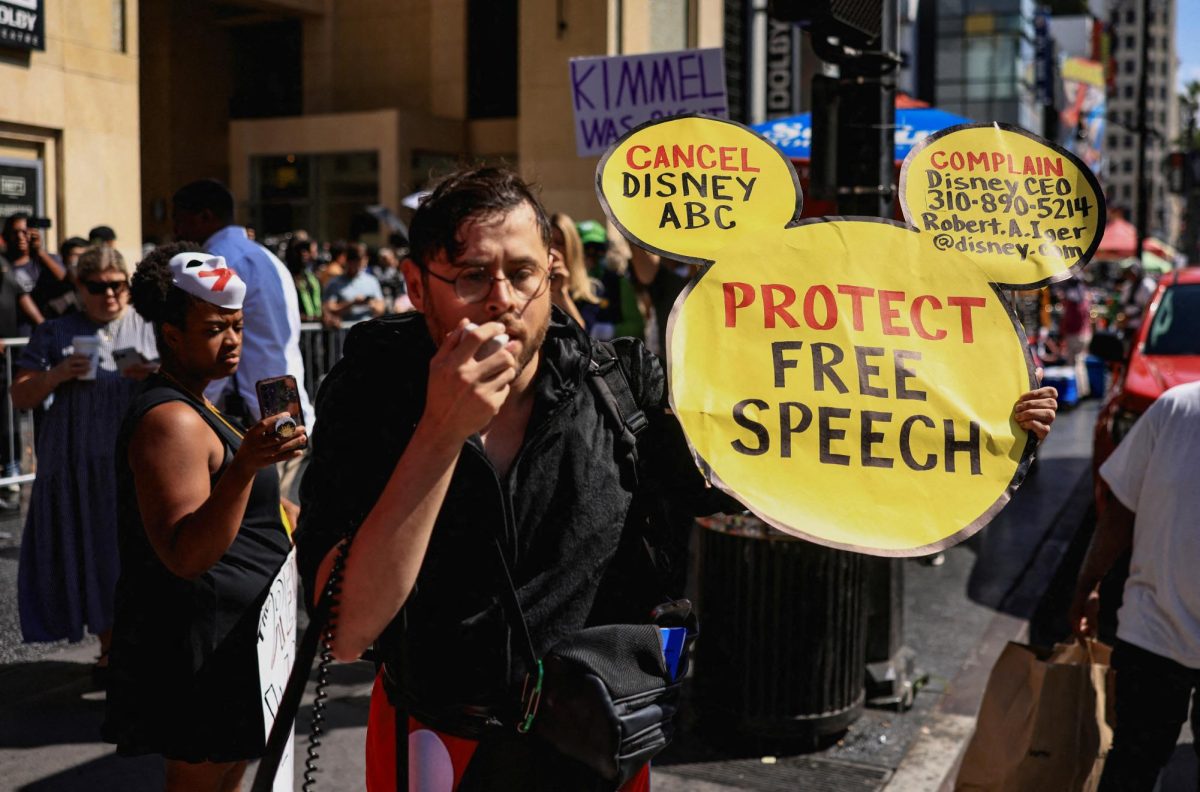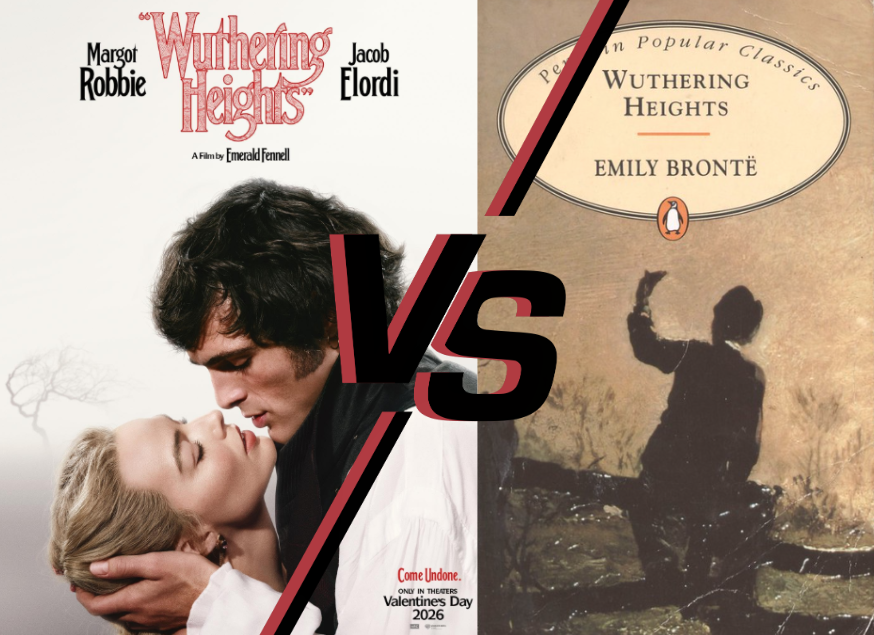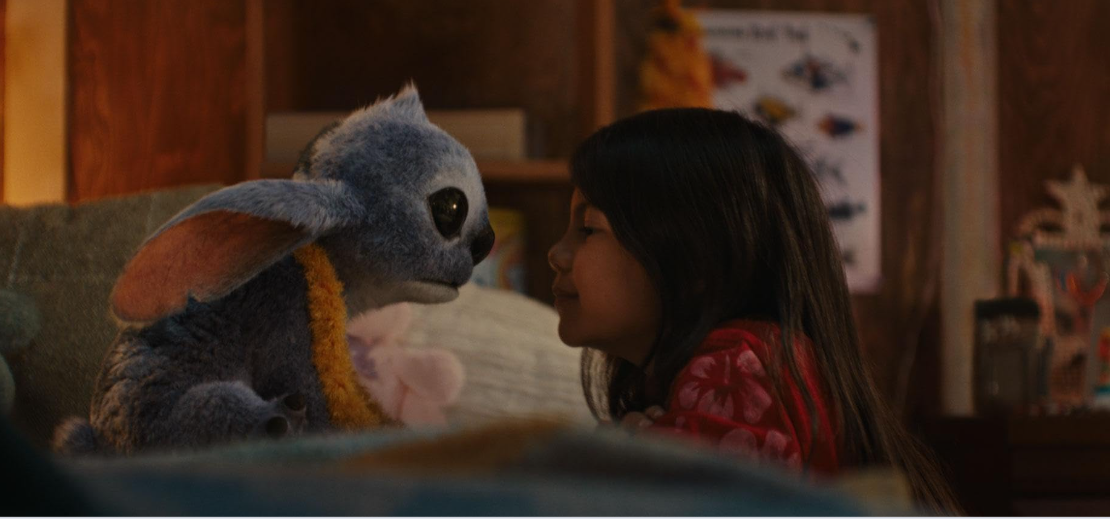The film industry is certainly no stranger to book-to-movie adaptations. While some directors are able to successfully interpret meaningful literature in creative ways, other adaptations seem to be more like procrastinated film-class projects. “The Idea of You,” a film adapted from Robinne Lee’s 2017 novel, brought the celebrity romance fantasy to life. The movie was released this March 16, and initially drew attention solely from Anne Hathaway’s character.
The plot follows a 40-year-old woman Solène (Anne Hathaway), falling for a 24-year-old boy band popstar Hayes Campbell (Nicholas Galitzine). Galitzine can be recognized from his appearances in the book adaptation “Red, White & Royal Blue,” and “Purple Hearts.”
For a film based on fiction, the movie’s main weakness is that it takes itself too seriously. It sets impractically high standards with its characters when introduced to the other lead, Solène. Her character is the classic awkward-yet-assertive, confident female lead. After recently divorcing her husband, she has no interest in fulfilling anything romantic, but that all changes when she meets Hayes. Their starry-eyed first encounter, which gets shut down immediately, instantly displays Hayes as the immature and unconventional option, making her decision to get to know him and eventually date him much more relevant.
While the character of Dan Egan (Reid Scott), her ex-husband, is depicted as the conventional and stable choice for her, she falls for Hayes regardless. Even though they are apart, Dan continues to play an important role in Solène’s life, providing her with a feeling of comfort and familiarity which contrasts with the thrill and unpredictability of her relationship with Hayes.
The ex-husband’s part in the storyline adds depth, considering the fame spotlight draws Solène’s daughter away from her and back to him. The film consistently shines a light on the complexities and intricacies of relationships, specifically the effect of societal expectations. The constant tension between the stark opposites, Dan and Hayes, also contributes to the attempted and failed modern love depiction. Dan, fueled by his desire for redemption and closure, approaches Hayes in a dramatic confrontation which has no purpose, since the tension isn’t built up at all. In a moment of clarity, Dan comes to terms with the fact that defeating Hayes won’t bring him the closure he wants.
The film relies heavily on undeniable chemistry between Solène and Hayes, yet fails to develop their actual relationship. Their shallow connection leaves the viewer unsatisfied with every attempted deep and meaningful conversation shared. Despite being painted as the reserved and mysterious lead, Solène has no trouble sharing every vulnerable thought she’s had with Hayes on only their second-ever encounter. The story continues in classic Hallmark movie fashion with countless more existential talks that serve no meaning. The lack of time spent developing the characters individually and as a couple becomes aggressively obvious when Solène’s tumultuous relationship with Hayes reaches its third and final reunion, a steely and weathered Dan, having witnessed the complexities of power and relationships.
The spotlight shone on modern love under the celebrity pressure of societal expectations is captivating, but the execution through the shallow characters is superficial. It had the potential to portray modern love admirably, but it chose the fanfiction approach. If the movie was able to continue this aspect, drawing it towards a modern depiction of the sacrifices people make in the pursuit of happiness and desire, the film would have been much more compelling.









